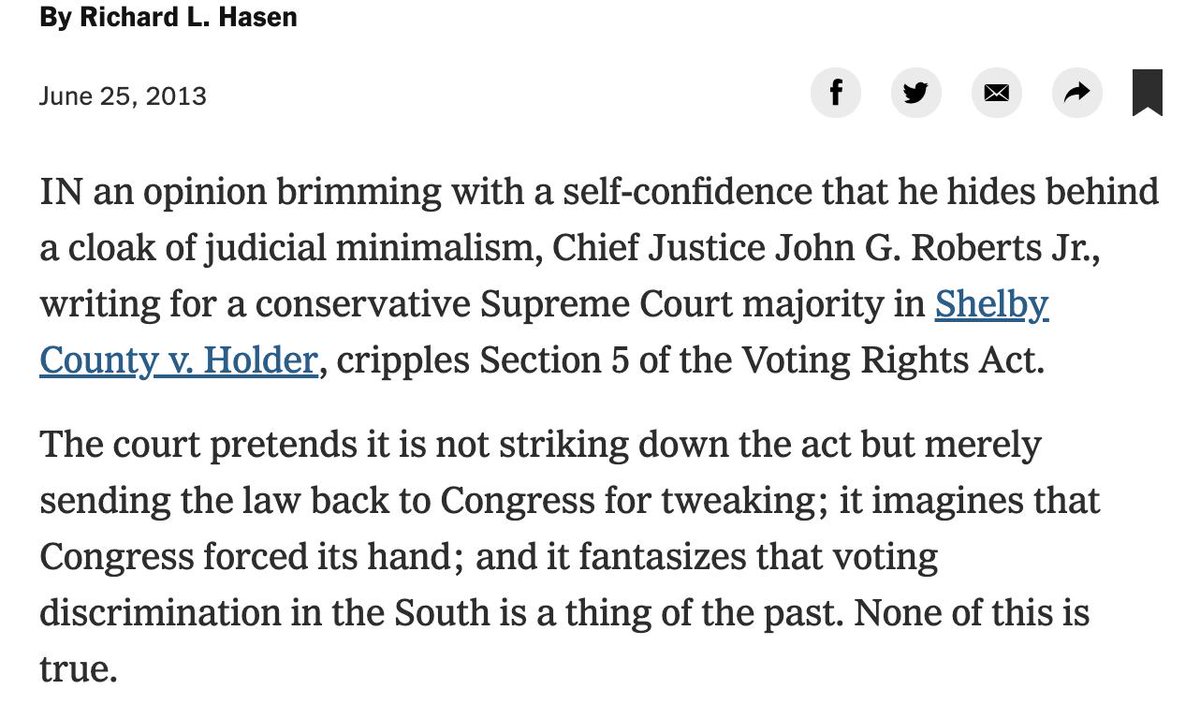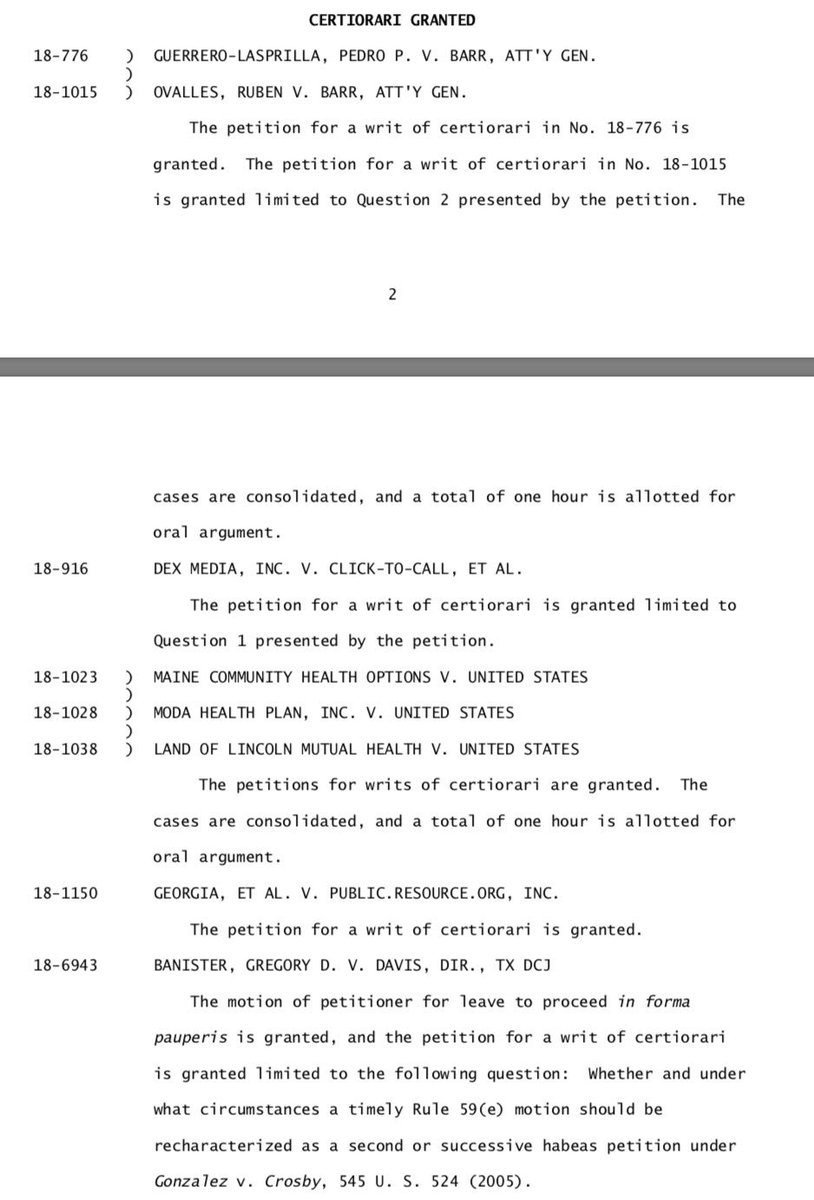Here’s a quick explanation of why. /1
supremecourt.gov/opinions/18pdf…
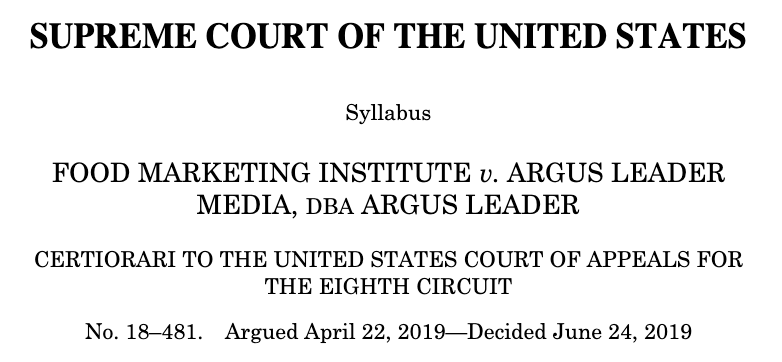
knightcolumbia.org/sites/default/…
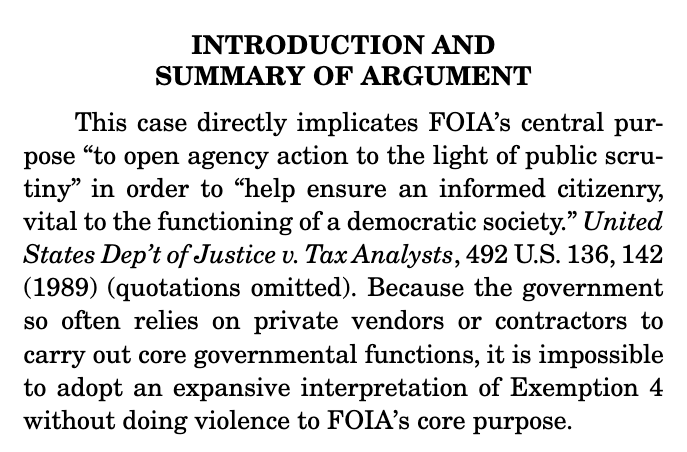
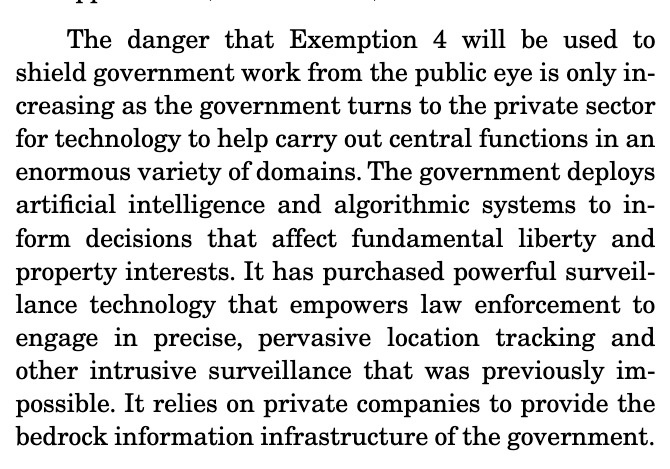
rcfp.org/briefs-comment…



Twitter may remove this content at anytime, convert it as a PDF, save and print for later use!

1) Follow Thread Reader App on Twitter so you can easily mention us!
2) Go to a Twitter thread (series of Tweets by the same owner) and mention us with a keyword "unroll"
@threadreaderapp unroll
You can practice here first or read more on our help page!
